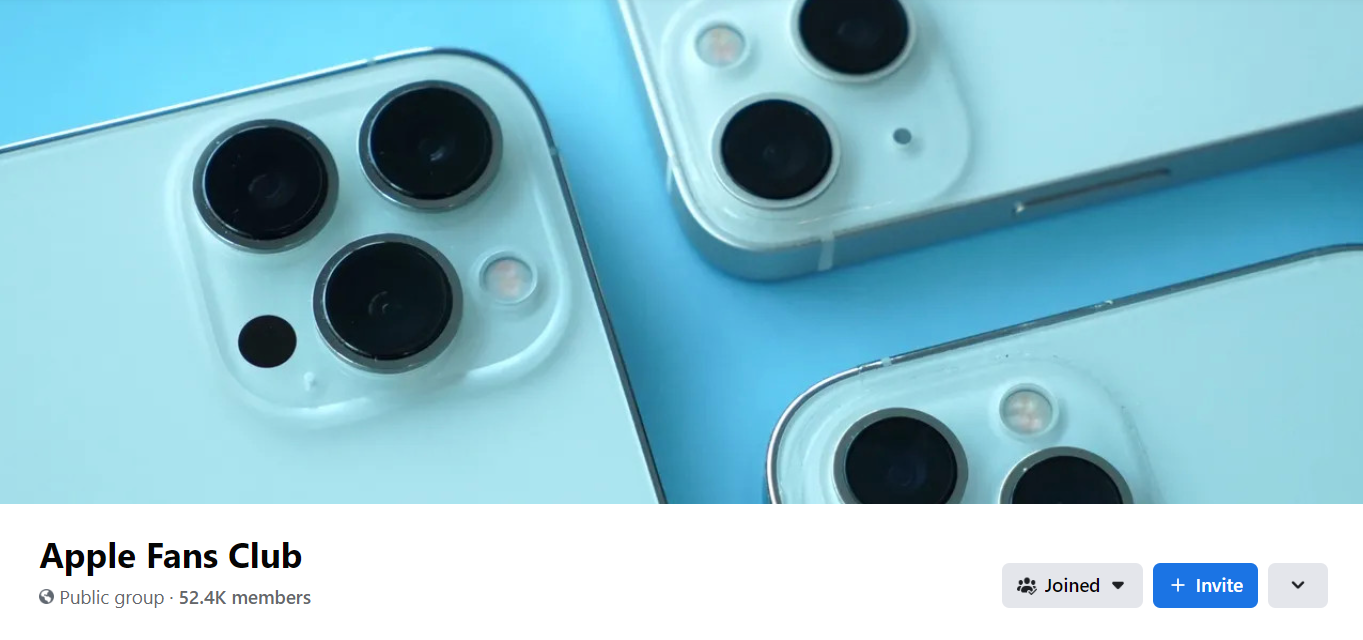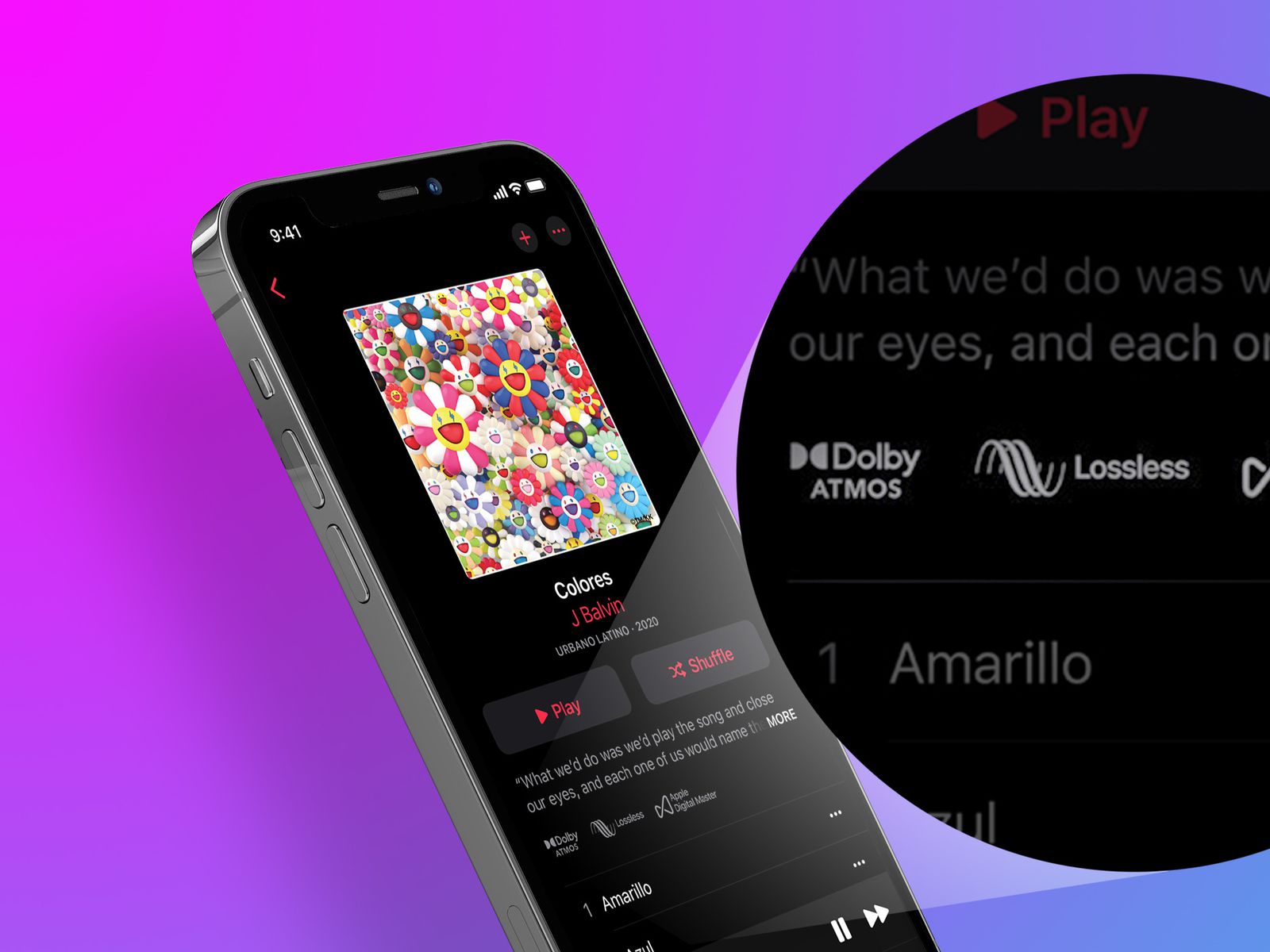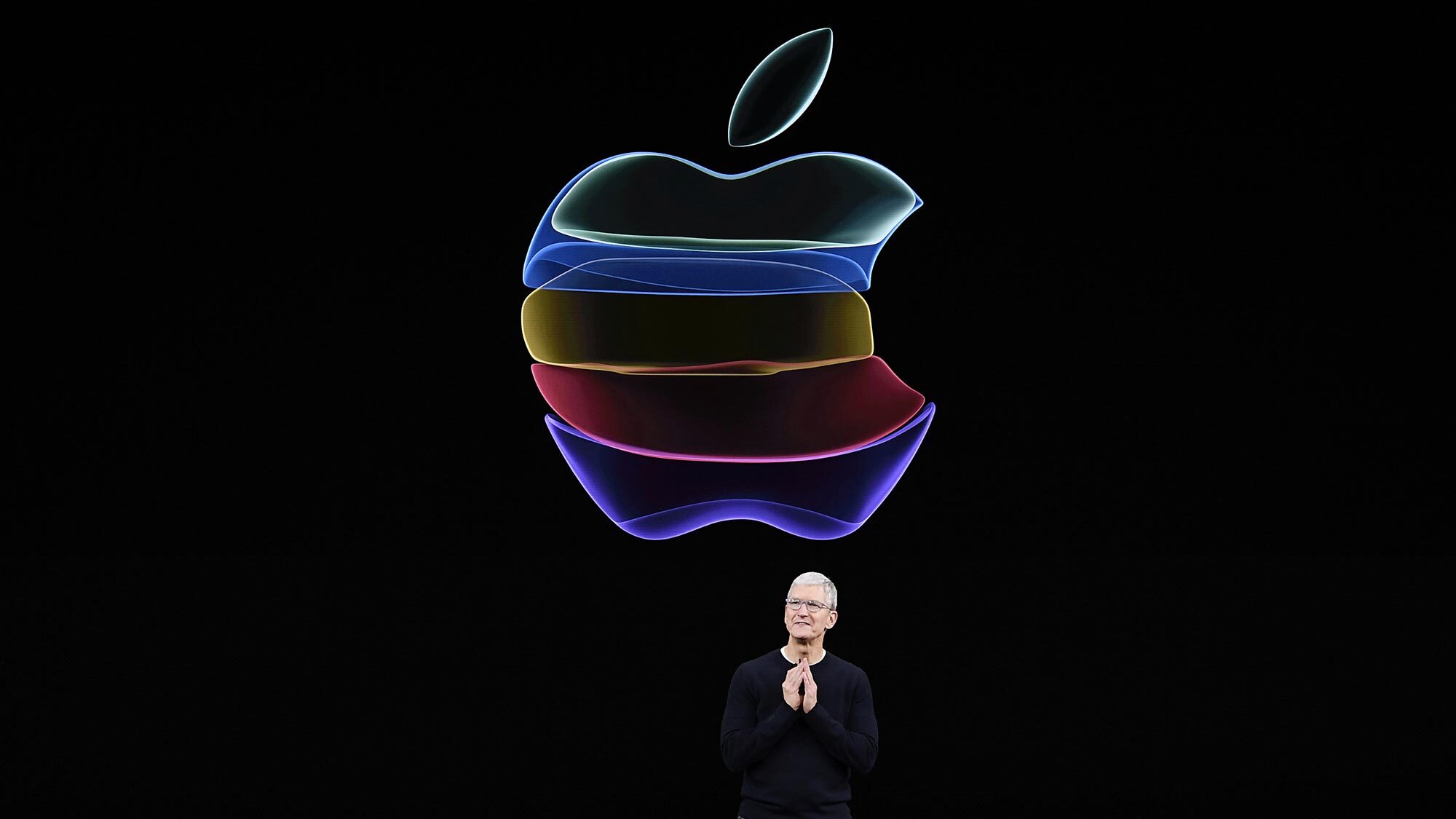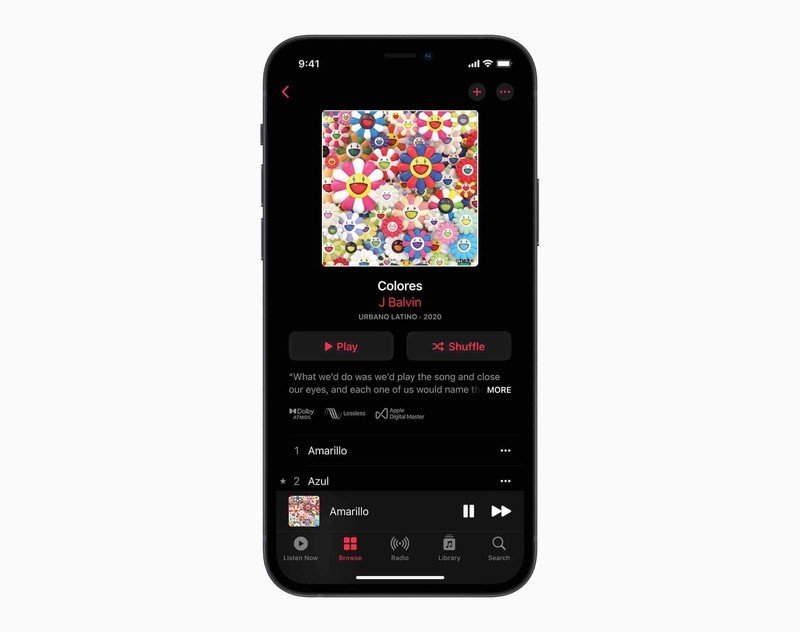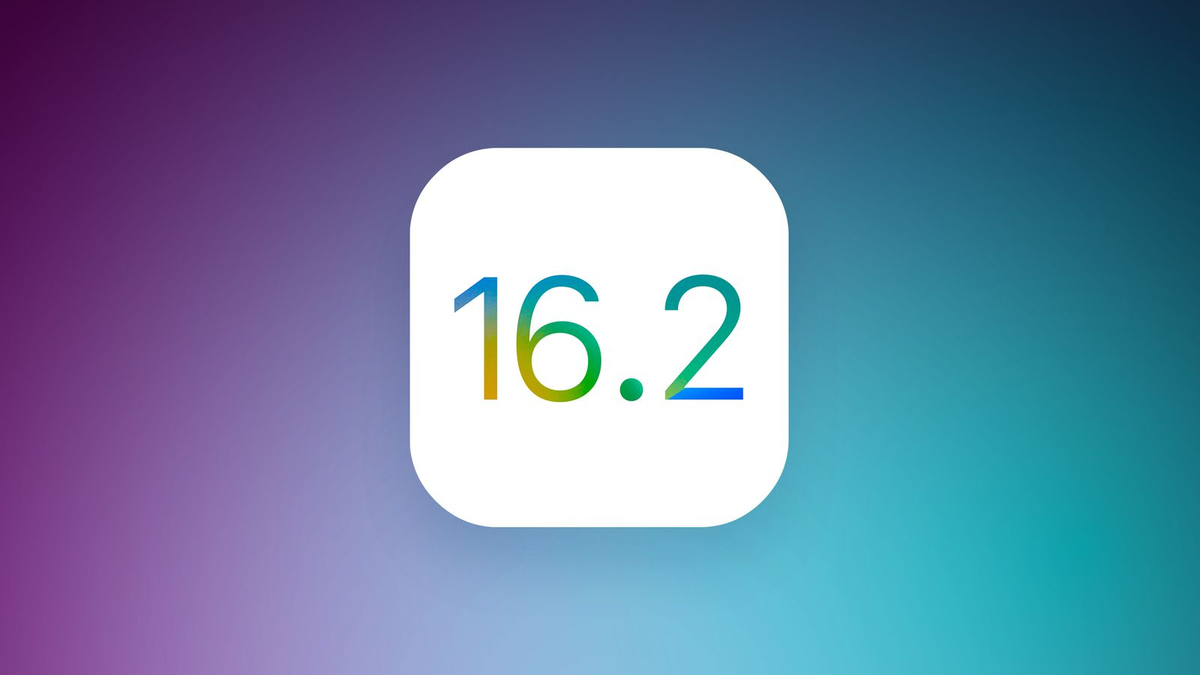The calendar has turned to December, which means Apple has just one month to make good on its promise to release the Apple Music Classic app and expand its self-repair program to Europe by the end of 2022. Of course, delays are always a possibility, so plans may be delayed until 2023. Regardless, we’ve listed five things Apple still needs to announce in the coming months.
iOS 16.2
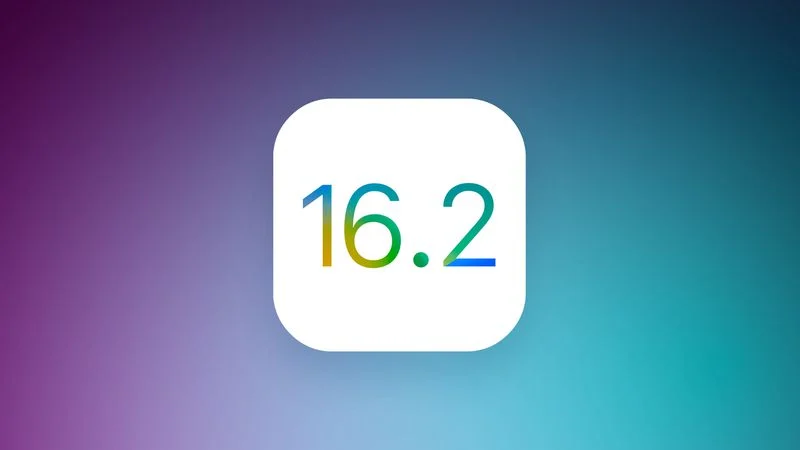
iOS 16.2 is currently in beta and is expected to be released in mid-December. The software update includes several new features for the iPhone, including Apple’s whiteboard app Freeform, a new always-on display setting for iPhone 14 Pro models, a new Home app architecture, live activity with select sports games through the Apple TV app, new Sleep and Medication lock screen widgets, 5G support in India, and more.
Apple also plans to release iPadOS 16.2, macOS 13.1, watchOS 9.2 and tvOS 16.2 this month. iPadOS 16.2 re-enables external display support for Stage Manager on iPads with the M1 or M2 chip. On Apple TV, tvOS 16.2 introduces multi-user Siri voice recognition for personalized use with support for up to six family members.
Apple Pay Later
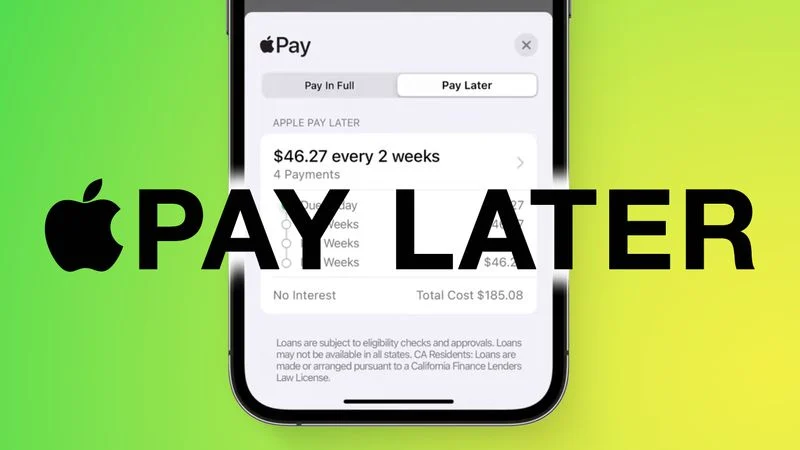
Announced at WWDC 2022 in June, Apple Pay Later is a financing feature that lets eligible U.S. customers split purchases into four equal payments within six weeks, with no interest or fees. The feature will be built into the Wallet app, available for online purchases as well as apps on iPhone and iPad.
On the iOS 16 features page, Apple says Apple Pay Later will be available to eligible applicants in the U.S. in a future software update, but may not be available in all states. So far, there’s been no sign of Apple Pay Later in the iOS 16.2 beta, and Bloomberg’s Mark Gurman says the feature might not arrive until 2023.
Apple Music Classical
In August 2021, Apple announced the acquisition of the classical music service Primephonic. At the time, Apple said it planned to launch a dedicated classical music app in 2022 that would combine Primephonic’s user interface with other features.
While there’s still no sign of the Apple Music Classic app, evidence of the app was found earlier this year in iOS 15.5 code and in XML files on Apple’s servers. Few other details are known about the app, including whether it’s a built-in app or a standalone download on the App Store (given its niche use).
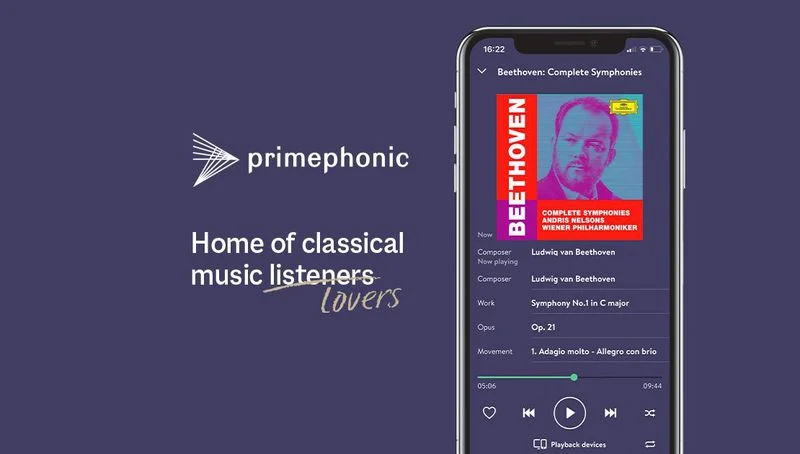
Even though Apple Music Classic isn’t a pre-installed app, it appears the app will have system-level integration, so if Apple meets the 2022 deadline, its release could come later this year alongside a software update, such as iOS 16.2. However, time is running out, so Apple Music Classic may be delayed.
Apple Card Savings Account
In October, Apple announced that Apple Card users will soon be able to open a new high-yield savings account at Goldman Sachs, where Daily Cash cashback rewards are automatically deposited, with no fees, no minimum deposits, and no minimum balance requirements. The account will Manage through the Wallet app on your iPhone.
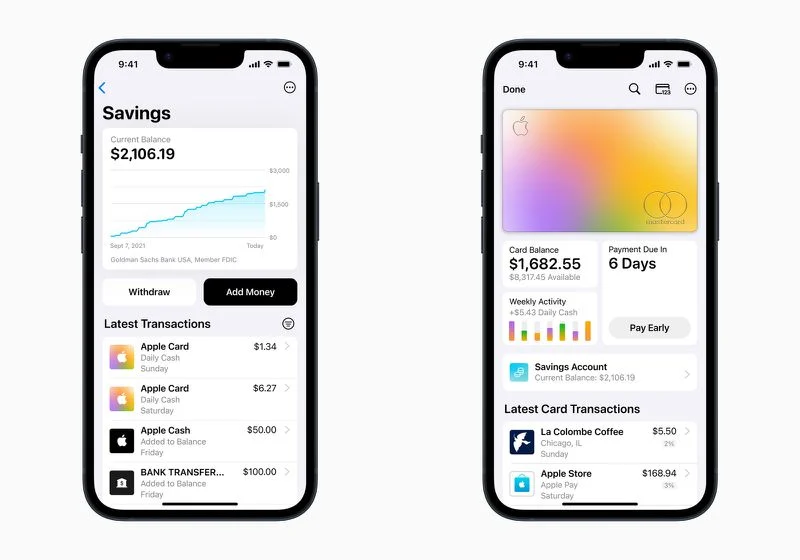
Savings accounts are listed in the release notes for the iOS 16.1 release candidate, but it didn’t ship with the update. Savings accounts haven’t yet appeared in any iOS 16.2 betas, so it’s unclear when they’ll roll out.
Once the account is set up, all Daily Cash received since then is automatically deposited into it and begins earning interest, unless the user chooses to continue adding Daily Cash to their Apple Cash balance. Apple Card offers 2-3% Daily Cash back on purchases made with Apple Pay and 1% Daily Cash back on purchases made with the physical card.
Launched in 2019, Apple’s credit card is still limited to the US.
Self-Service Repair Program Expansion
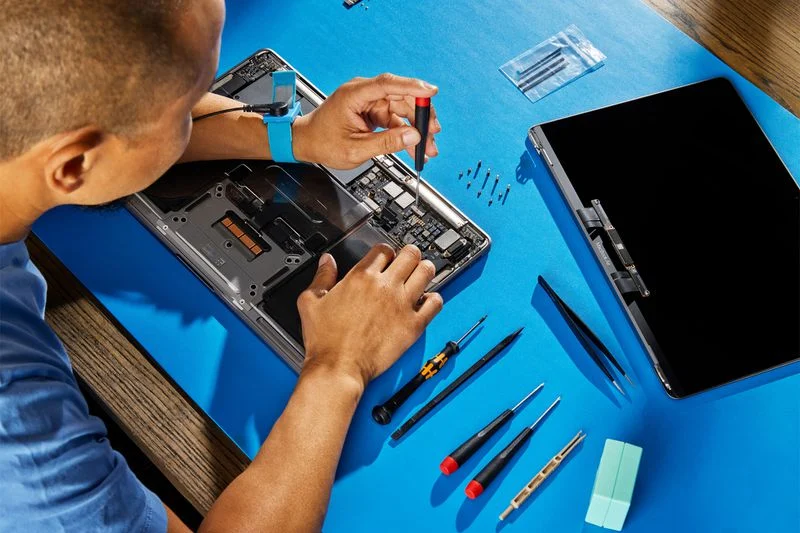
In August, Apple indicated that its self-service repair program would be expanded to additional countries in Europe and to additional Mac models with Apple silicon chips before the end of the year, so Apple has just one month left to fulfill that promise.
The program first launched in April, providing customers in the U.S. with access to genuine Apple parts, tools, and manuals to complete do-it-yourself repairs of iPhone 12, iPhone 13, and third-generation iPhone SE models. The program was expanded in August to include MacBook Air and MacBook Pro models with the M1 series of chips.
Read more articles: RedTomElectronics
If you have more ideas to discuss with us, welcome to join our Apple Fans Club on Facebook.
